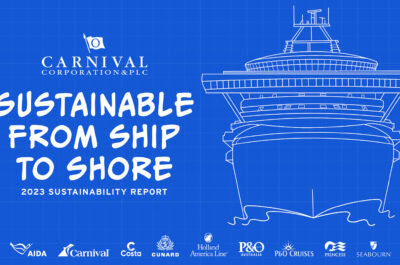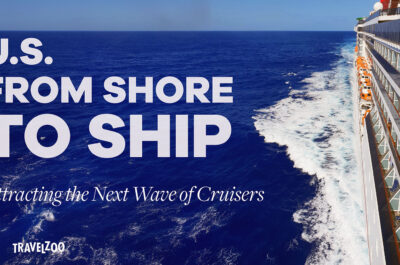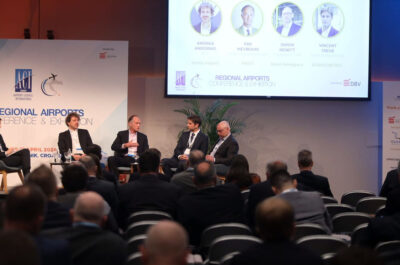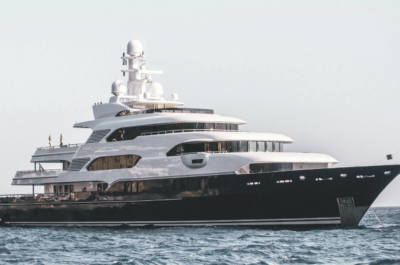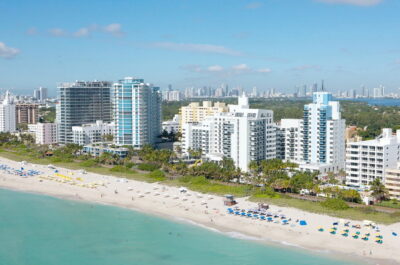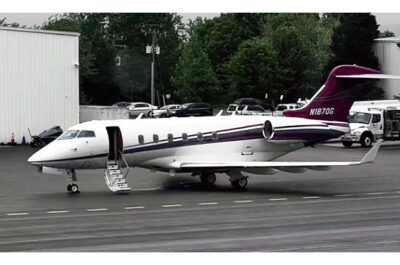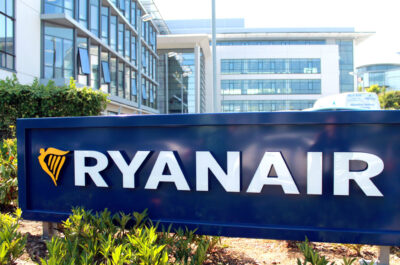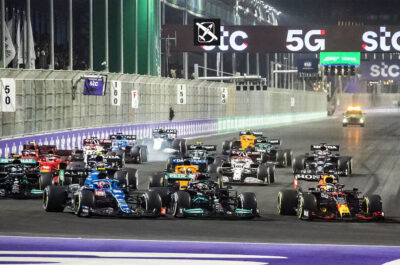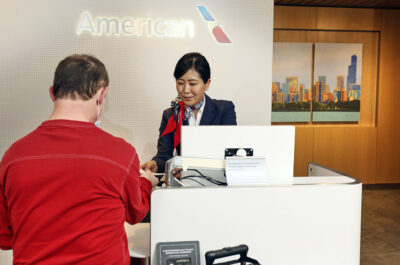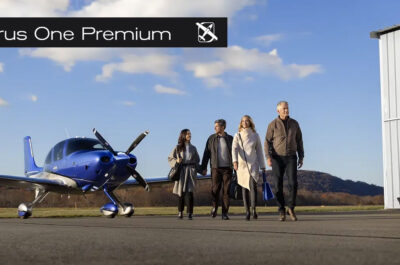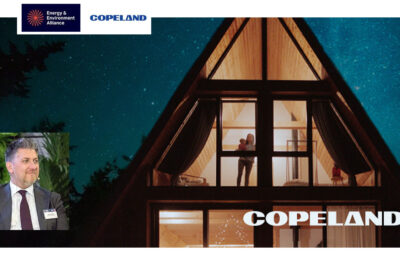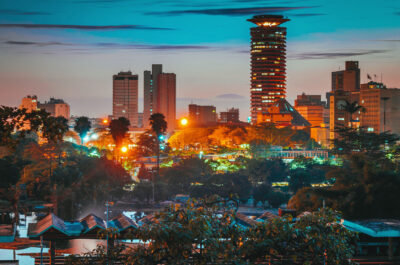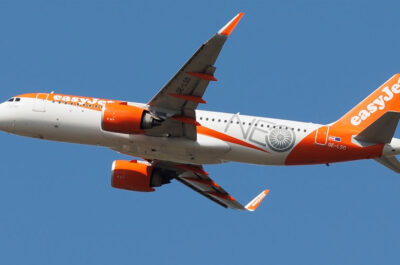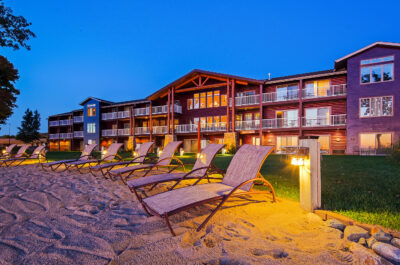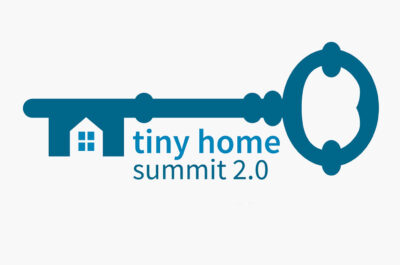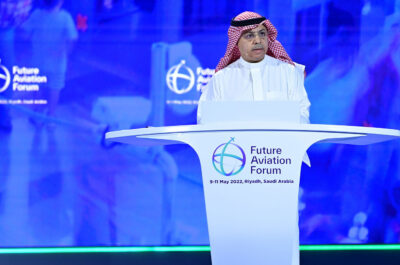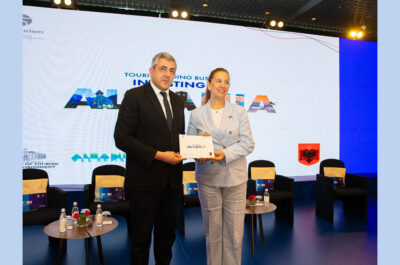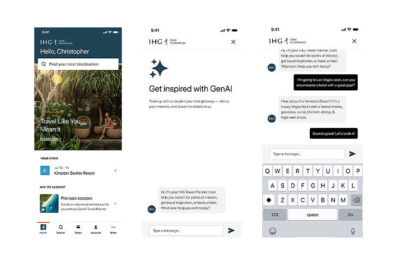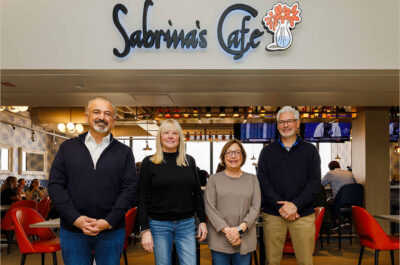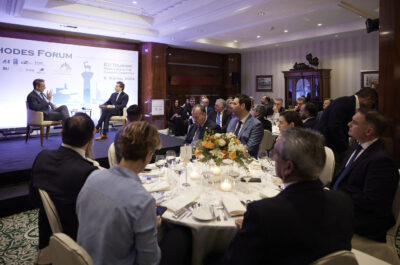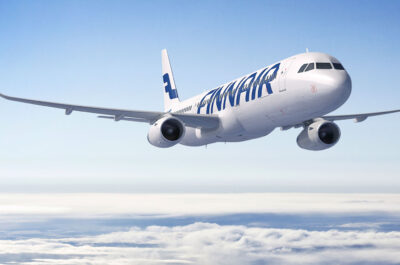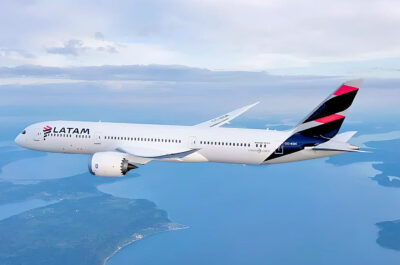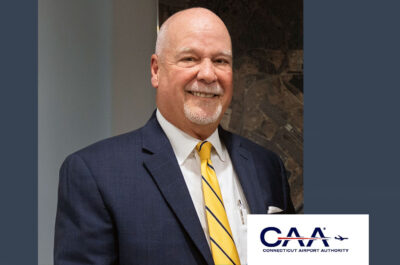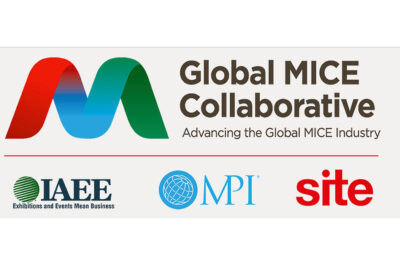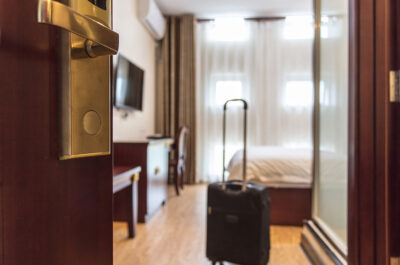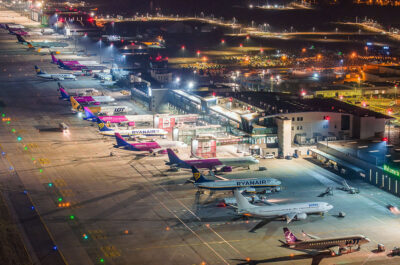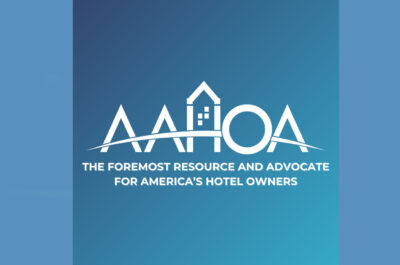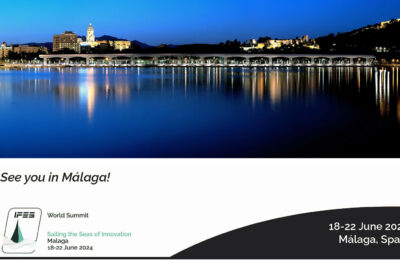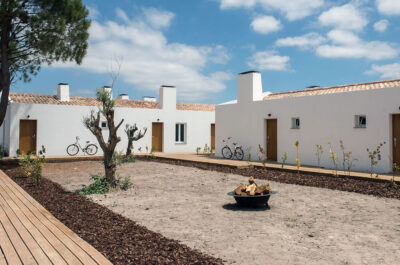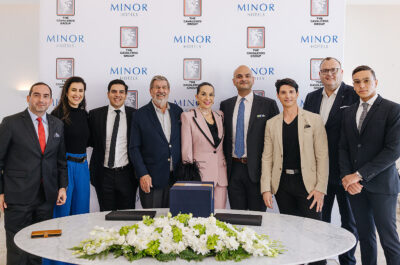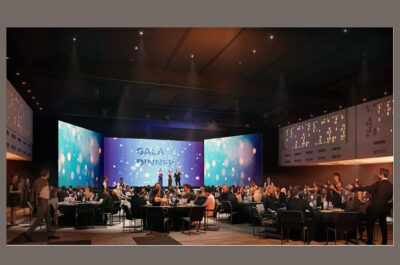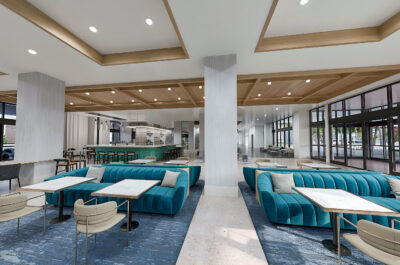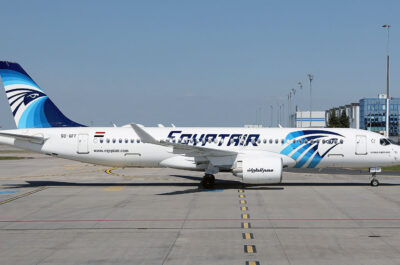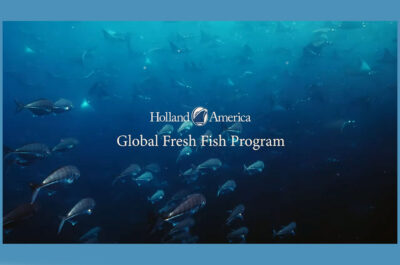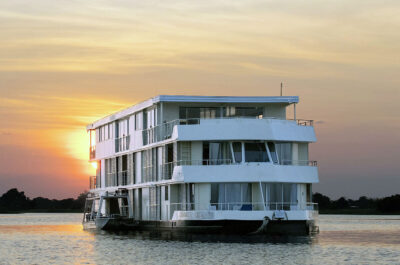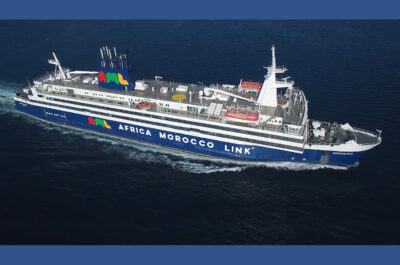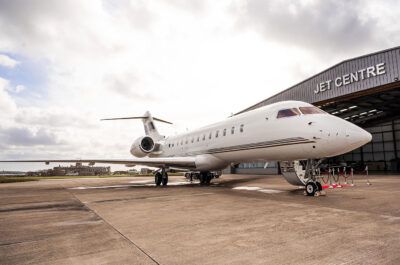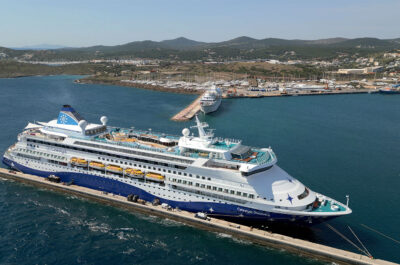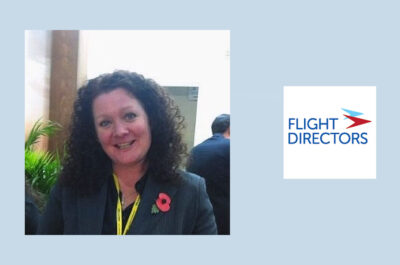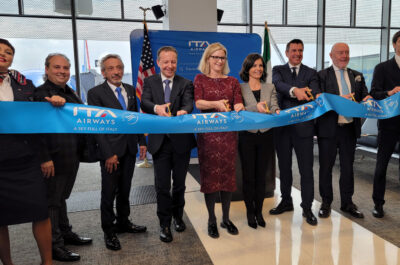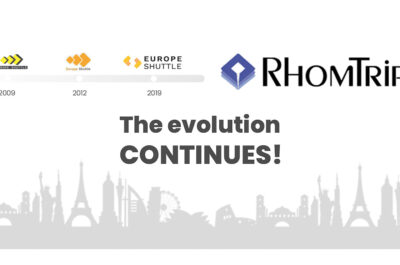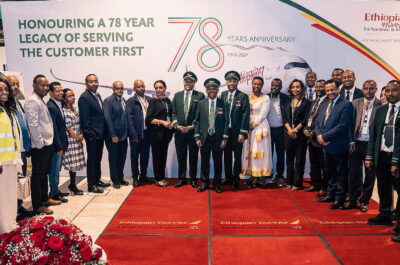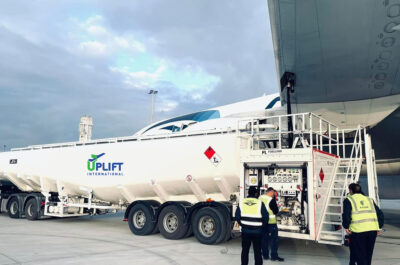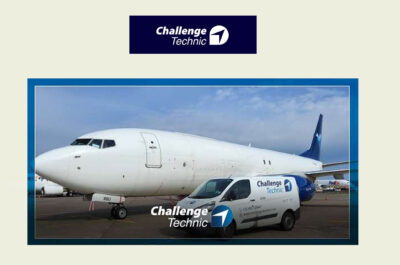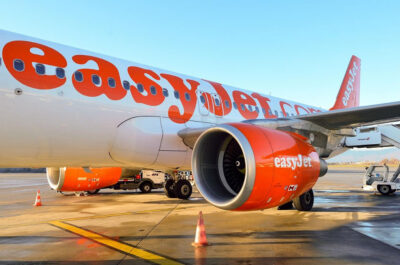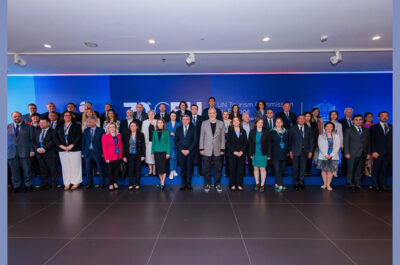…
 The operation of the programme and its delivery is the last and most consequential period of the incentive or meeting event. After months (or years) of promotion efforts, sales, and planning this is the moment of truth for the Destination Management Company and its consultants. Now they have to prove all the qualities they used in their sales arguments, and deliver their promises.
The operation of the programme and its delivery is the last and most consequential period of the incentive or meeting event. After months (or years) of promotion efforts, sales, and planning this is the moment of truth for the Destination Management Company and its consultants. Now they have to prove all the qualities they used in their sales arguments, and deliver their promises.
Unfortunately, and unlike any other enterprises or consumer products, it is a “one time operation” which has to be delivered to perfection. An unsuccessful programme can never be repaired, returned, or refunded. An unhappy client will be for the Destination Management Company a lost client forever, and will cause them un-estimated loss in reputation and future business by referrals. The programme not only has to be delivered impeccably but also must fulfil all the expectations of the Incentive House, the Corporate end user and the dreams of the participants.
Up to now many oversights, problems and mistakes could be corrected or solved without harm to the programme or the DMC. From the moment the operation starts, no problem can be solved without endangering the programme. It is a “now or never” situation, very demanding, challenging, exhausting, never ending, but vey rewarding on a personal level and on the pursuit of excellence…
Before starting the operation all involved office staff, have to be briefed down to the smallest detail, and everybody has to be assigned a specific job for which he or she will be responsible from now on. Any Incentive or Meeting, even the smallest one, cannot be operated by the DMC with less than two staff in the field: one for advancing, one for dispatching and controlling. Depending on the size and the complexity of the programme more staff can be required. Staff assignment to each of the following areas is crucial:
- Transportation
Covering, and co-ordinating transfers, motorcoaches, guides,
- Banqueting
Covering and co-ordinating all meal and banqueting functions.
- Events
Covering and co-ordinating all special events and production
- Accommodation
Covering and co-ordinating all hotel services
- Advancing
A staff member advancing and checking all tours, excursions and functions several hours before they happen.
- Programme & Financial controller
Responsible for co-ordinating all the above staff, the overall programme, and the liaison with the trip directors of the Incentive House. Usually this person is the DMC consultant (Account Executive) who worked on the file all the last months.
If the programme includes a choice of activities, complex events or the participants are too many, the staff members of the DMC might need to be increased with additional external backup. Some of the experienced DMC’s believe that ideally they should use as many operational staff (excluding guides) as Trip Directors (TD) the Incentive House assigns on the programme. This, however, many times is not possible as some of the largest USA Incentive House’s usually assign too many TD’s. Very few DMC’s in the world have so many staff to match the TD number.
The DMC staff assigned to the delivery must have the following qualities:
- Experienced,
- Understand the incentive and meeting business,
- Know the programme and the destination,
- Have initiative and provide solutions
- Can make decisions when the need arises,
- Know how to keep calm in the most adverse situations,
- Have authority and personality,
- Have very good sense of PR,
- Develop excellent working relations with the TD’s.
Each operation staff member must go over his areas of responsibilities and re-check every service again. In any case it is for sure that in the last days before the operation many of the final details will be changed such as numbers, times, menus etc. especially after the briefing with the TD’s.
A week or few days from delivery a briefing must be given to all guides and several working documents have to be prepared:
- coach signs,
- restaurant signs
- personalised menus for restaurants,
- seating plans,
- arrival and departure transfer listings,
- access plans/maps for drivers and guides,
- final confirmations to suppliers,
- Name sign boards for individual transfers etc. etc..
The most important document and the cornerstone of the delivery is the “Operating Instructions” which should be issued for each operation by all DMC’s that desire to deliver a faultless programme.
This document (example of some pages you will find and download from this link ) must be prepared by the Program Controller. This is a day by day itinerary covering all services, and giving detailed information and instructions concerning:
Departure and return timings for all activities
- Precise instruction of sequence of the activities and what is to be included
- Routings
- Menus
- Special requests or needs
- Particular subjects of attention
- Names of contact persons for every venue
- Names and phone numbers of all suppliers involved in programme
- Emergency phone numbers of staff, suppliers, on duty hospitals, first aid etc.
- Who is responsible for doing what and when?
A copy of this document should be given to the TD’s during the briefing which always takes place before the programme starts (it is even recommended to be sent to the Incentive House before the arrival of the TD’s). The briefing, discussions, modifications, should be made on the basis of this document, following which a final copy of the Operating Instructions should be issued. From then on this document should be the bible for the DMC operating staff, TD’s, drivers, and guides who all should receive the final version.
The Operating staff must be asked to note on their copy of Operating Instructions, the final numbers of participants, actual departure/arrival times, changes of timings, any changes in the programme, special requests, reminders of things to do, any incidents or accidents. In short, this document must serve as a “ship’s log” in which everything not in accordance with the instructions should be noted. Notes should be compared at the daily debriefing of the staff, and consolidated by the Controller. Much of this information can be used later for the final billing.
It is not always possible due to local conditions to have a uniformed staff, but it is essential for the DMC image that the attire of the staff, guides and drivers is impeccable. Men should always wear tie and jacket (the later can be excused in the summer months or in extremely warm/humid areas), and jeans should never be allowed. In general staff should be dressed conservatively, and avoid exaggerations.
Guides and drivers should be briefed (especially guides) to give all their collaboration to the TD’s. The guides should not limit themselves to a boring guided but show concern and care about the totality of the programme. Guides should not however be allowed to make changes to the itineraries, timings, or contents of the programme without authorisation from the DMC. All guides must work as a team and in the tours show exactly the same things.
At the next issue: Working relations with the Trip Directors
![]() © Tasso Pappas CITE
© Tasso Pappas CITE
Tasso Pappas was President of the SITE Greek Chapter 2006-2010 and served as President of SITE Intl. in 2000. This article is an extract from his book “To be or not to be a DMC” which he wrote in 1996 as his thesis for the certification as CITE (Certified Incentive Travel Executive). More information about Tasso Pappas you can find at http://sites.google.com/site/tassopappasconsultancy/
Contact: tassopappas@otenet.gr



































































































